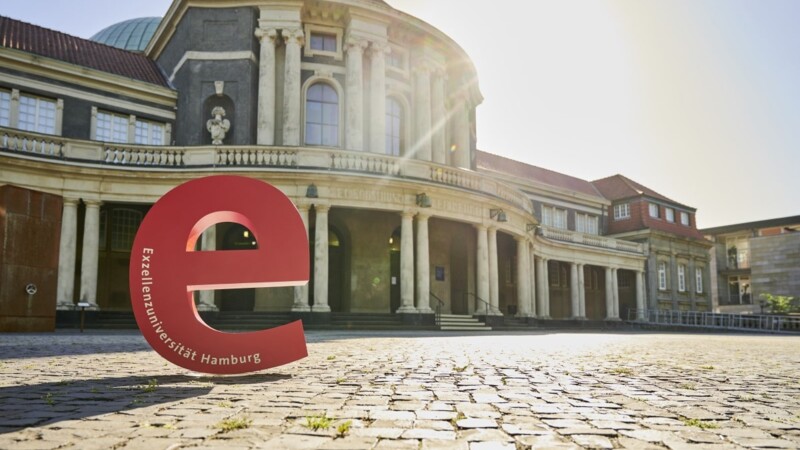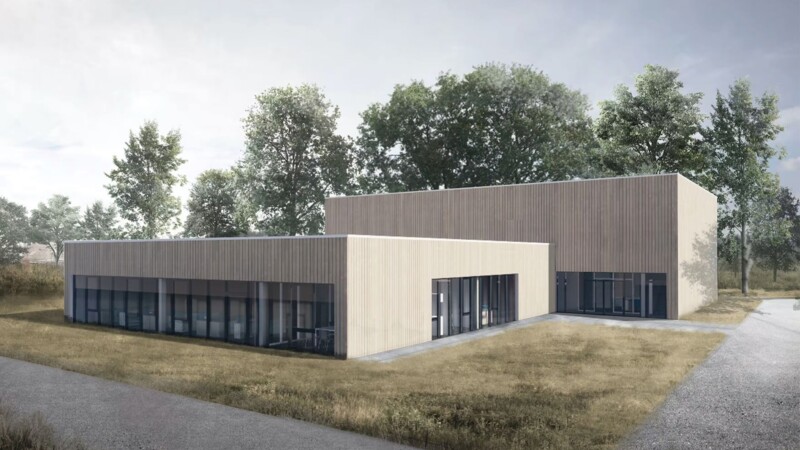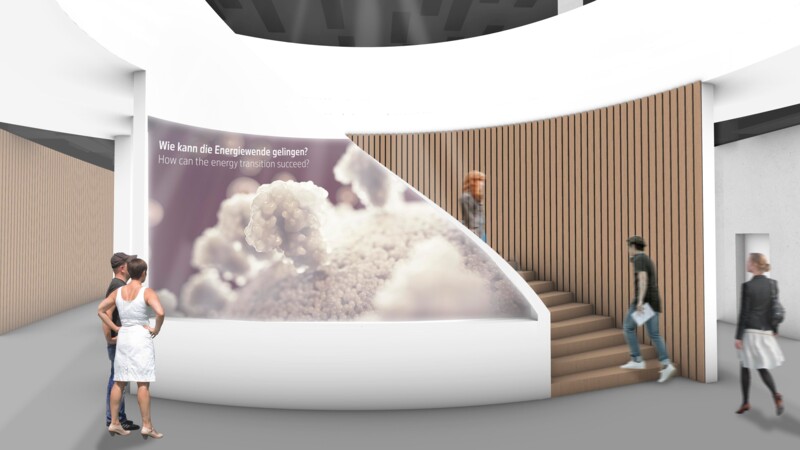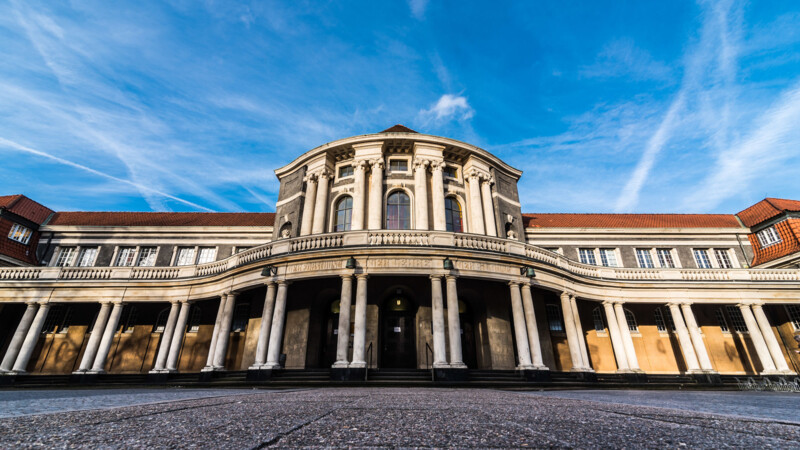Prof. Dr. Blanche Schwappach-Pignataro, Dean of the Faculty of Medicine and a member of UKE’s Board of Directors, said: “By awarding a highly competitive ERC Synergy Grant to UKE, one of the four project sites, the ERC has again honoured our scientific work in medicine at universities." ERC grants back interdisciplinary teams of two to four researchers for six years. Prof. Dr Hauke Heekeren, President of the University of Hamburg, noted: “The ERC Synergy Grants are recognised proof of the outstanding research that we as a university of excellence carry out in medicine and history." The award strengthens the institutions in the international scientific community and opens up new research opportunities, Heekeren added.
The European Research Council (ERC) has earmarked over EUR 20 million for research projects involving the University Hospital Hamburg Eppendorf (UKE) and the University of Hamburg (UHH). UKE will receive EUR 3.2 million of the overall EUR 10.8 million in ERC Synergy Grants for "CombaT7" research into bacterial infections involving Prof. Dr. Thomas Marlovits. The University of Hamburg will receive EUR 2.9 million of the overall EUR 9.9 million for "Blockade - The Hidden Weapon", led by Prof. Dr. Alan Kramer.
Award bolsters research position
New insights into infectious diseases
As part of "CombaT7 - Central roles of mycobacterial type VII secretion systems in intra- and inter-kingdom warfare” project, Prof. Dr. Thomas Marlovits, Director of the Institute of Microbial and Molecular Sciences at UKE's Centre for Experimental Medicine, will explore the type VII secretion system (T7SS) of mycobacteria, which is key to the interaction between bacteria and infection processes. The project also involves researchers at the Vrije Universiteit in Amsterdam, Newcastle University and the École Polytechnique Fédérale de Lausanne. "This project will improve our understanding of T7SS and reveal new ways of using the T7SS system," said Marlovits, who is also Group Leader at the Centre for Structural Systems Biology (CSSB) in Science City Bahrenfeld. The goal is to gain new insights into infectious diseases such as tuberculosis.
Repercussions of historical blockades
The “BLOCKADE – The Hidden Weapon. Blockade in the Era of the Two World Wars" focuses on blockades as a strategic means of warfare. The project also involves researchers at the Norwegian University of Science and Technology in Trondheim, the University of Amsterdam and the Albert-Ludwigs-Universität Freiburg are involved as well as Hamburg. Led by Prof. Alan Kramer, the researchers will work with economic, cultural and social historians, econometricians and digital humanists to analyse the impact of the blockade and how it shaped post-war relations. "It is particularly important to look at events in Western Europe and to focus on blockades in regions that have received little attention to date, such as Japan, Southeast Asia, Latin America and Africa," said Kramer. Research begins in spring 2025. ERC Synergy Grants are awarded to groups of up to four researchers. The University of Hamburg is currently running 30 ERC Grants, eight of which are synergy projects
fw/mm/pb
Sources and further information
More
Similar articles

Clusters of Excellence at Hamburg University draw interim balance

Tuberculosis remains deadly in 21st century

